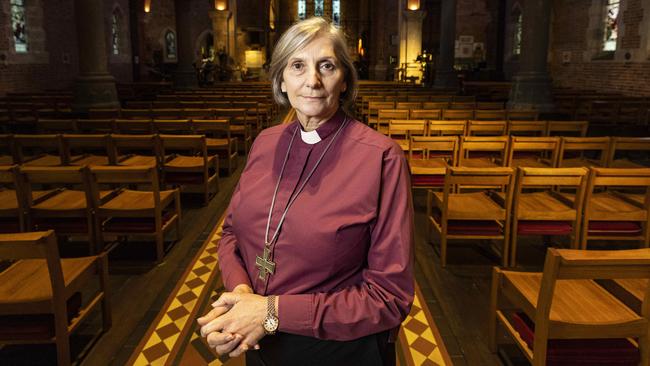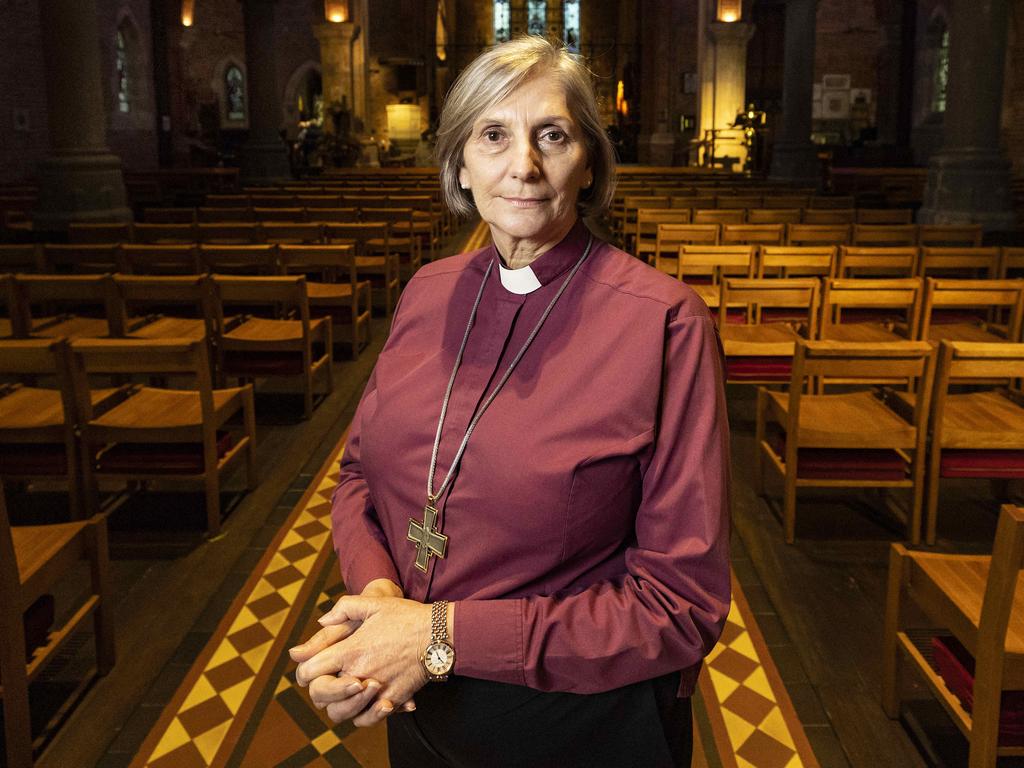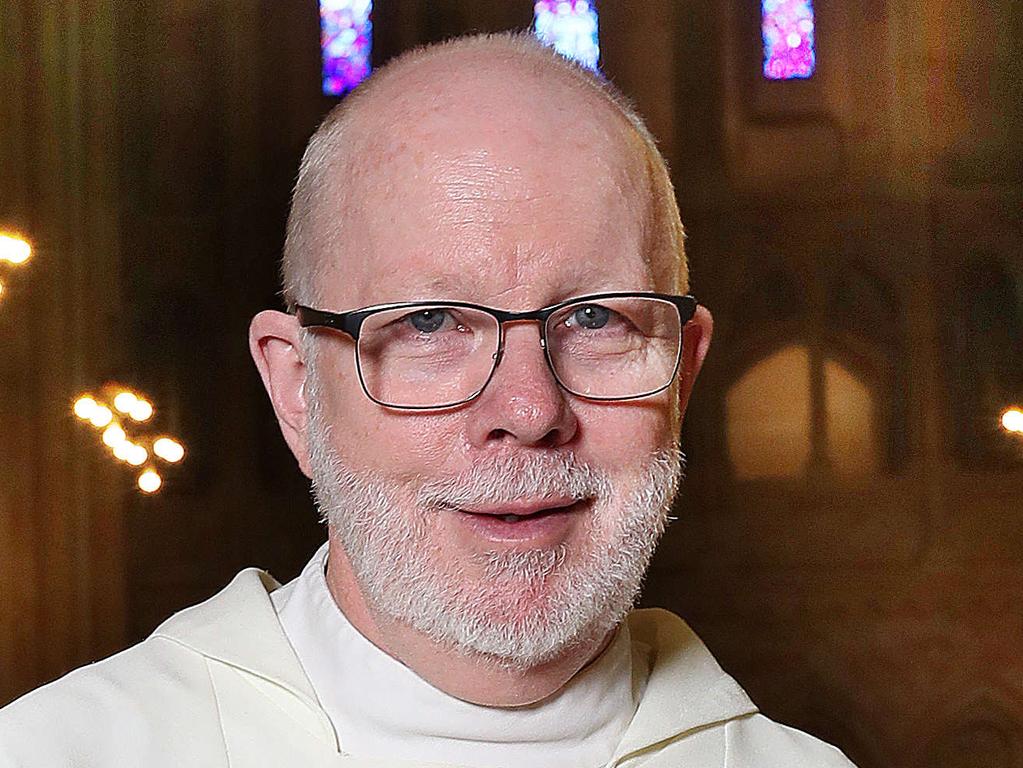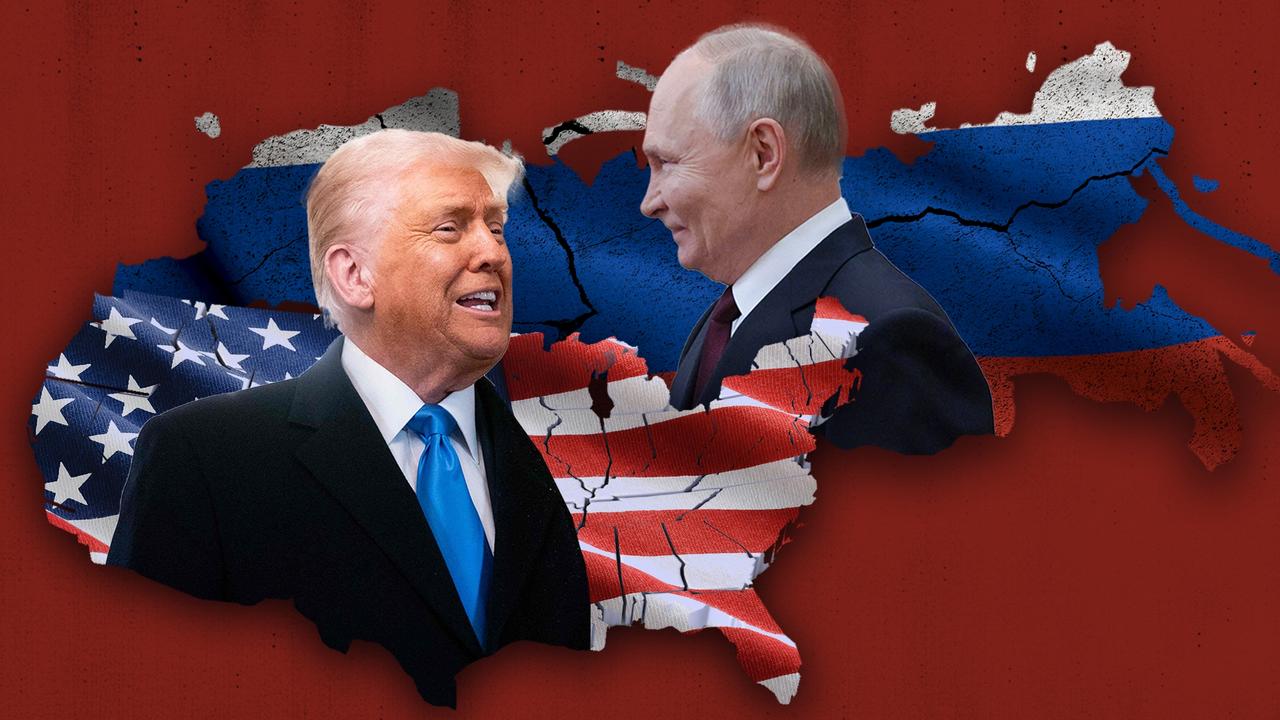Delayed gay marriage debate ‘could split’ Anglican Church
A long-delayed showdown over same-sex marriage threatens to ‘further diminish’ Australia’s second-largest church and destroy its national unity.

A long-delayed showdown over same-sex marriage threatens to “further diminish” Australia’s second-largest church and destroy its national unity, Anglican Primate Geoff Smith warns.
The day of reckoning will come next week when bishops, priests and church elders meet at the first Anglican General Synod held in five years to thrash out a response to gay marriage.
The conference was cancelled in 2020 and last year because of the pandemic.
Conservatives backed by the wealth and numbers of the powerful Sydney Diocese will put up motions in the new form of a synod “statement” to forbid same-sex marriage blessing ceremonies and enforce chastity rules for priests. Some say they will quit the church if these fail.
But church progressives insist the statements would be ignored if carried by the Anglicans’ answer to parliament, causing a “quasi-split”.
Describing the situation as “difficult”, Archbishop Smith said: “There is a head of steam because it’s been nearly five years since the Marriage Act was changed, there’s pressure from those who want change in the church, if you like, to reflect the change in the Marriage Act and there’s pressure from those who don’t want change. Because of the time that has passed, people’s patience is running a bit thin. One way or another they want some action on it, they want resolution.”
This is the fallout for the church of the 2017 plebiscite for same-sex marriage that was embraced overwhelmingly by voters.
Archbishop Smith, of Adelaide, is spiritual leader of the 3.1m Australians who identify as Anglican, though he wields limited power in the federated church setup. He will chair the five-day General Synod on the Gold Coast, starting on Monday.
He said church unity had been strained by the refusal of Sydney to conduct or recognise the ordination of female priests 30 years after this was adopted by the church nationally. The diocese permits women to be inducted at the base level of deacon, but they can advance no higher.
“We already have a weakened national sense because any woman who is a bishop in my diocese for instance, Adelaide, isn’t allowed to function as a bishop in Sydney,” he said.
“We … are already in a diminished national relationship. It’s possible that the relationship will be further diminished, depending on what happens at General Synod. It’s also highlighting the reality that we are a kind of federation of 23 dioceses where the primary power resides with the dioceses, not the General Synod.”
The statement on same-sex marriage sponsored by Archbishop of Sydney, Kanishka Raffel, will bring to a head the bitter dispute after blessings were conducted by the rogue Wangaratta Diocese in Victoria and the Newcastle Diocese in NSW did the legwork to offer them.
The church’s supreme dispute resolution body, the Appellate Tribunal, subsequently found these ceremonies were allowed under the church constitution. But Archbishop Smith successfully appealed to other dioceses to hold off until the postponed General Synod could happen.
Leading progressive Peter Catt, dean of St John’s Cathedral in Brisbane, has accused the conservative bloc of stacking the numbers for the conference. By one count, the Sydney Diocese alone commands 73 of the 249 votes, against 47 for Melbourne and 20 for Brisbane – putting the conservatives in the box seat to dominate the floor. Rejecting the allegation, Dr Stead said Sydney’s representation reflected the size of the diocese and strength of the growing evangelical movement embedded there.
But the statements sought on same-sex marriage and chastity would be non-binding and likely ignored if passed, Dr Catt said.
“There could be a quasi-split where people stop referring to the national church in any meaningful way,” he said.
“They would just get on with their own business and the national would keep doing its own thing.
“Because of its federated nature, you can largely do that anyway. When the church nationally decided to support the ordination of women that had no bearing on the life of the diocese that decided it didn’t want it … the difference between the national church and the dioceses could just keep getting broader and broader.”
Outspoken NSW conservative David Ould, a senior associate minister at St John’s Cathedral, Parramatta, said some dioceses could leave the church should the statements not pass.
“If General Synod cannot uphold basic biblical morality my suspicion is that a number of dioceses will say they can no longer be part of it,” he said.
Dr Stead, who will move the chastity statement, said co-operation between the dioceses would be eroded, potentially halting the transfer of priests: “It may well mean that if somebody has engaged in practices in other dioceses that are not permitted in Sydney Diocese then that person would no longer be able to exercise ordained ministry in Sydney.”
Archbishop of Perth Kay Goldsworthy, the first woman to be consecrated bishop in Australia, said the outcome was impossible to predict.
Asked if progressives in the church could quit over same-sex marriage, she said: “I am certainly not leaving … Statements such as these are dealt with under a particular rule of our standing orders and I think then would need to be taken around the country and debated separately in every diocese.”







